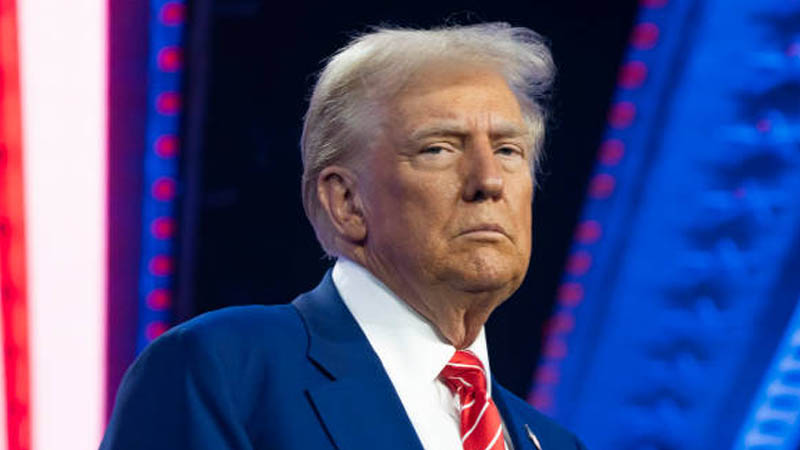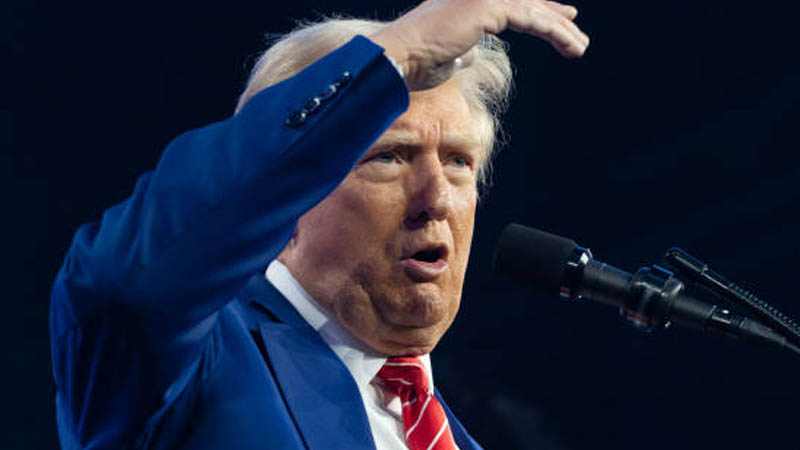President-elect Donald Trump’s latest legal maneuver regarding TikTok has drawn sharp criticism, even from the conservative editorial board of The Wall Street Journal. The board slammed Trump’s argument as “extraordinary in several ways, none of them good,” highlighting the audacity of his attempt to “save” the social media platform from an impending nationwide ban.
Trump, who signed an executive order four years ago threatening to ban TikTok, is now asking the Supreme Court to intervene and delay a January 19 deadline that mandates the app’s Chinese parent company to sell its U.S. operations. He has requested a pause until after his inauguration, stating his administration intends to “seek a negotiated resolution” to the issue without the Supreme Court’s direct interference.
The editorial board was unimpressed by Trump’s reasoning, pointing out that his amicus brief “implores the Justices to give him a chance to apply his ‘dealmaking’ skills to rescue TikTok from the Foreign Adversary Controlled Applications Act,” which was passed by Congress in April.
Trump’s legal request, the board argued, effectively asks the Supreme Court to treat him as a “second President” alongside Joe Biden until he officially assumes office. “The brief is extraordinary in several ways, none of them good,” the board wrote, emphasizing that Trump remains a private citizen until his inauguration and has no legal authority to influence government action, reported Rolling Stone.

The editorial board criticized the underlying logic of Trump’s argument, calling it a bid to “rewrite a law he doesn’t like” and noting the peculiar justification he provided. “Mr. Trump wants the Court to treat him as if he’s already President before he’s inaugurated,” they observed, adding that Trump “instructs the Court that he deserves this power because he won the election and is a wizard on social media. Really, that’s his claim.”
The board also rejected Trump’s assertion that he has a unique standing to represent U.S. TikTok users. Calling his legal arguments “sophistry,” the board urged the Supreme Court to dismiss his amicus brief outright.
“We trust the Justices will ignore this amicus sophistry,” the editorial concluded, making it clear that even staunch conservatives are wary of Trump’s overreach in this instance. As the Supreme Court prepares to hear the case on January 10, the outcome may set a significant precedent for presidential authority and intervention in corporate matters.

